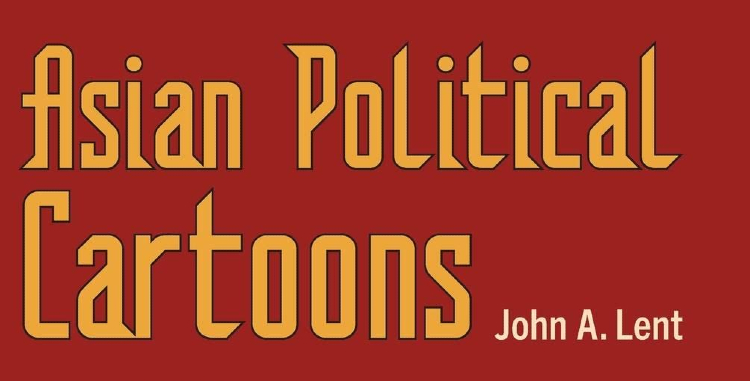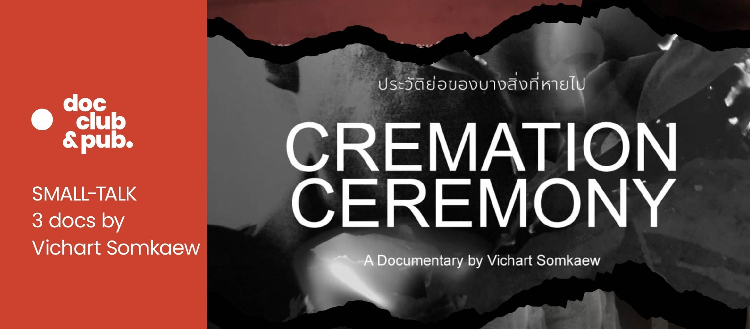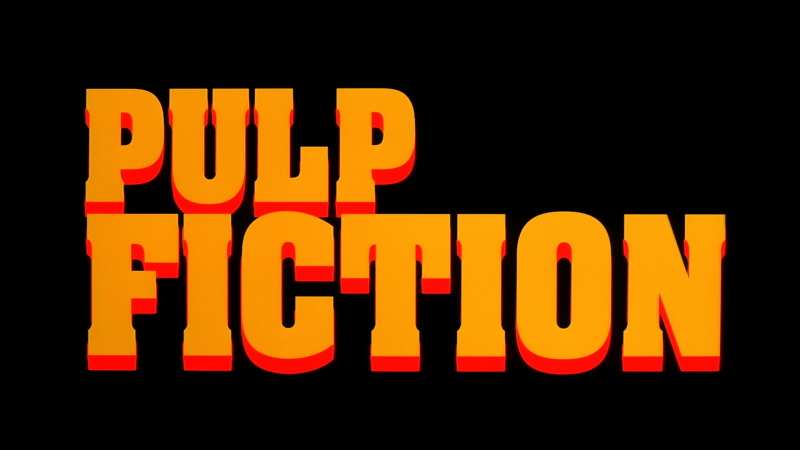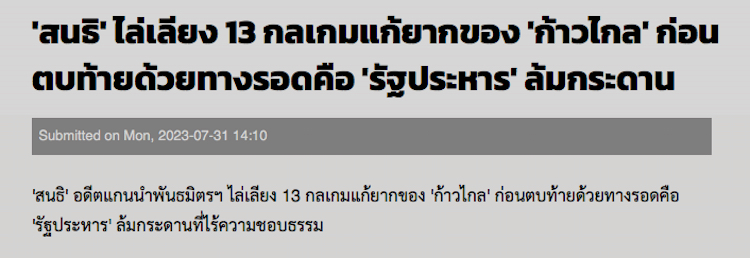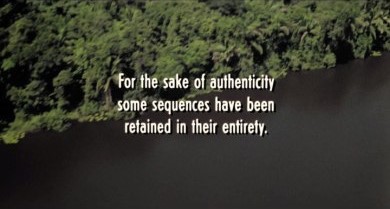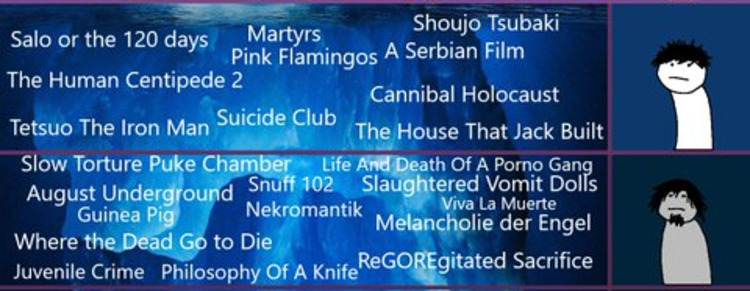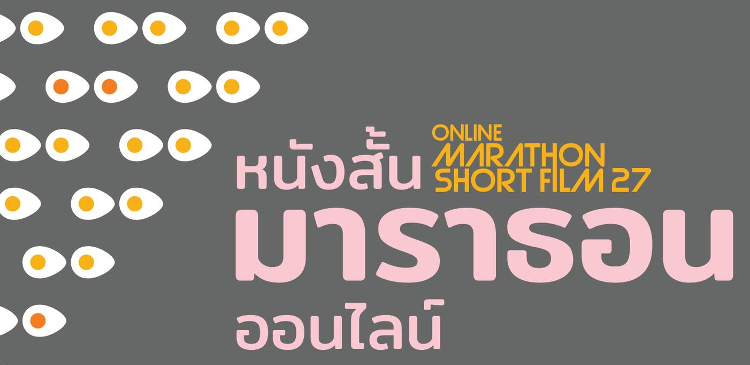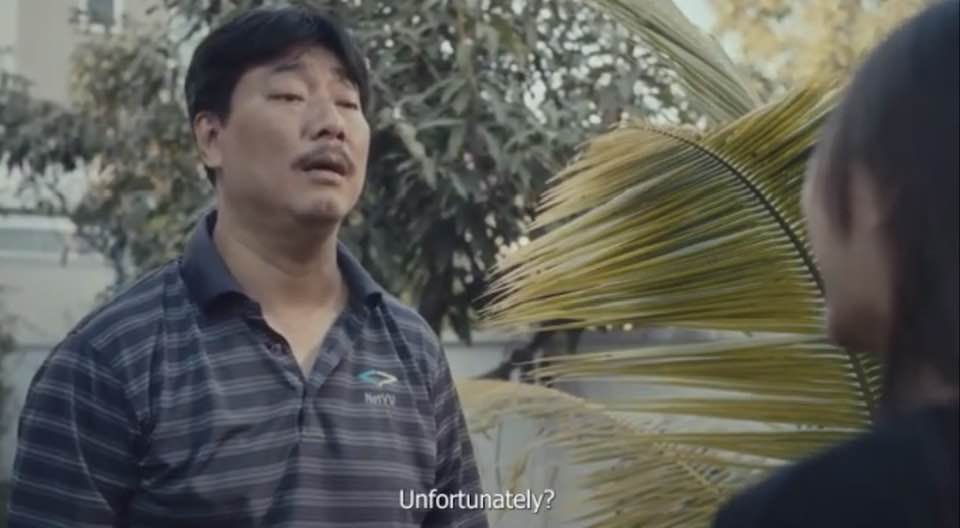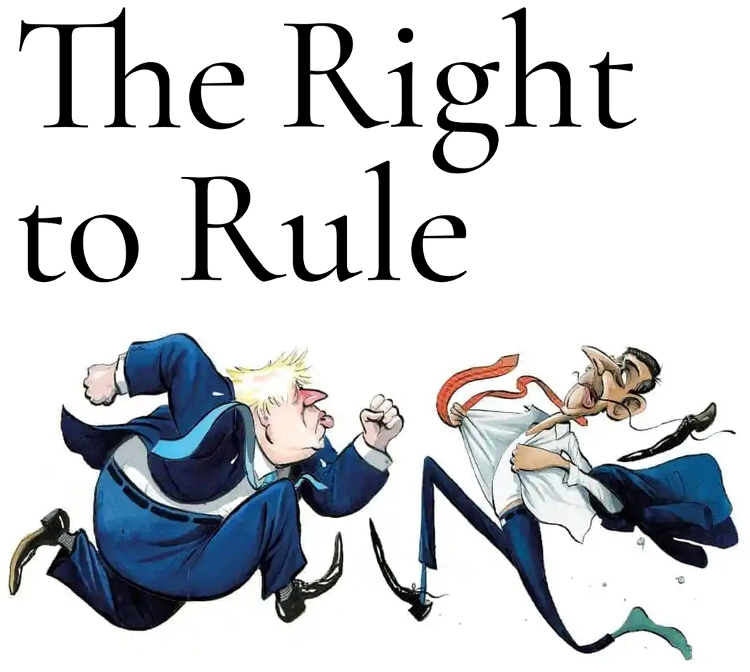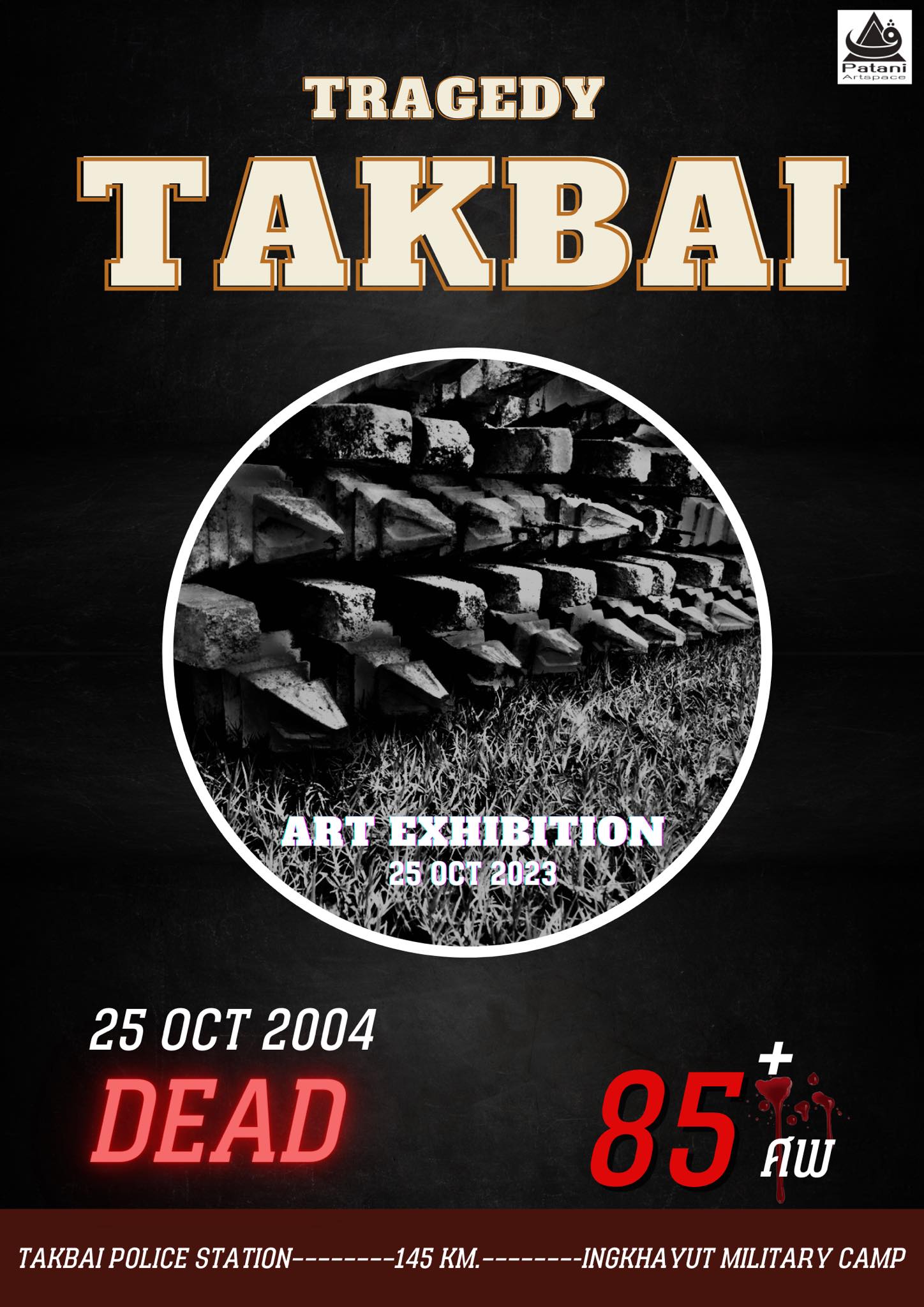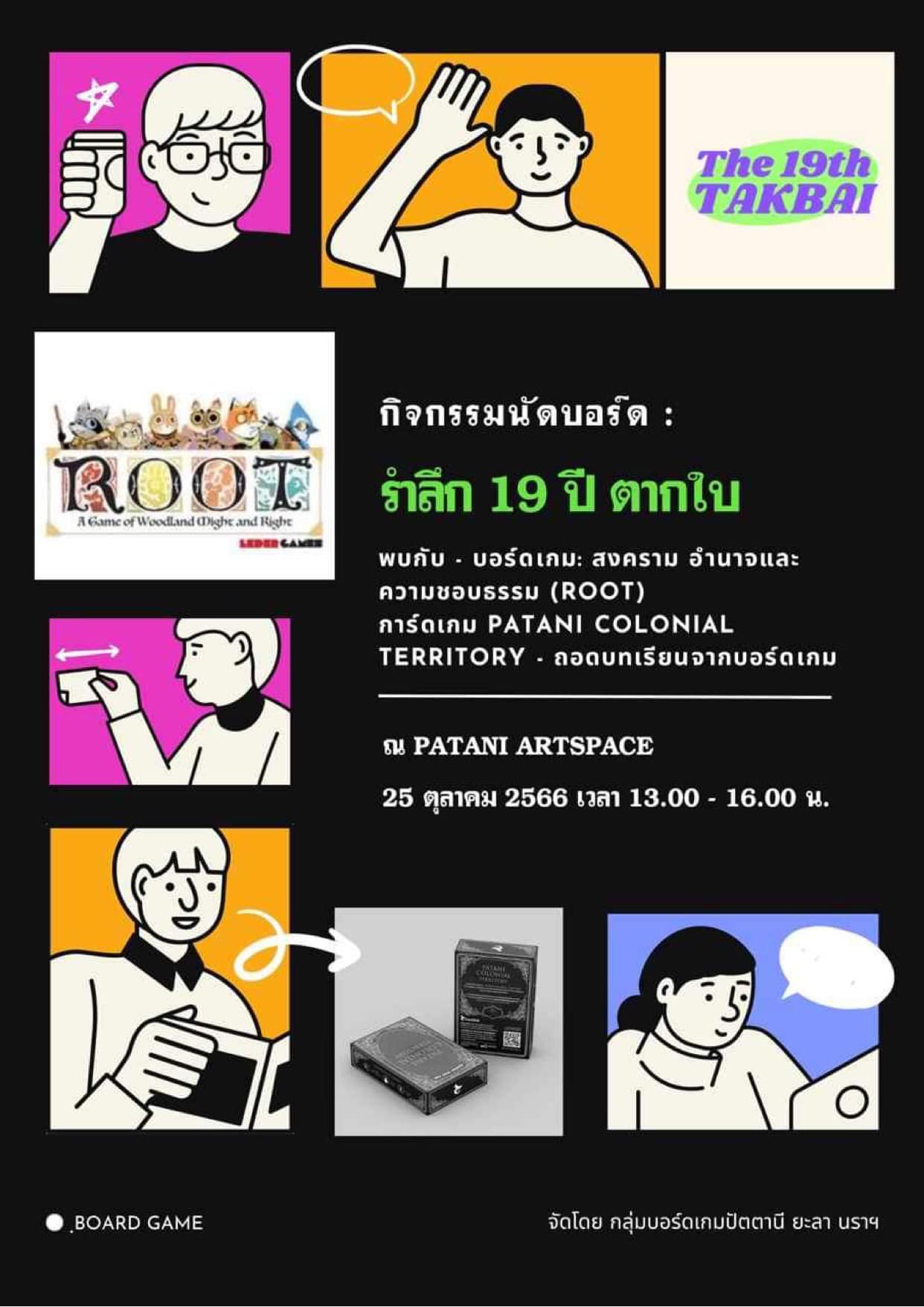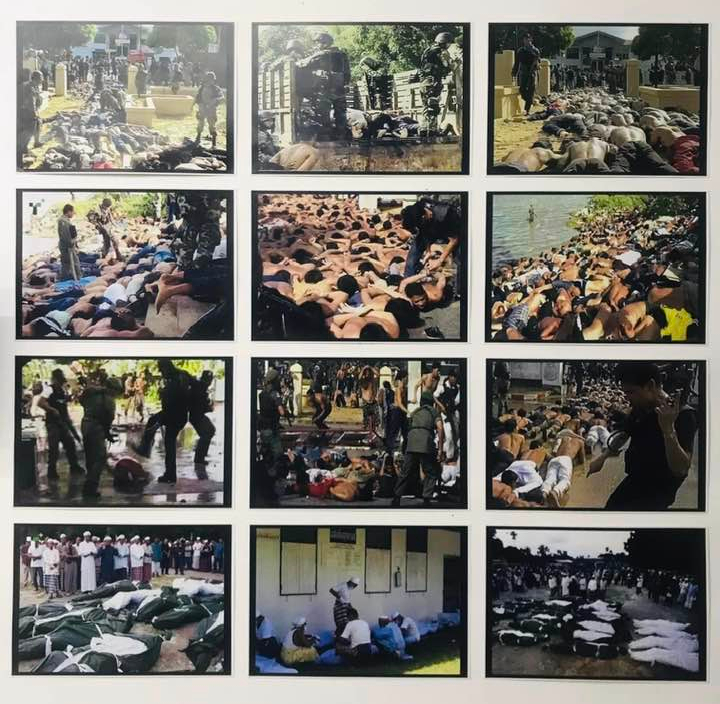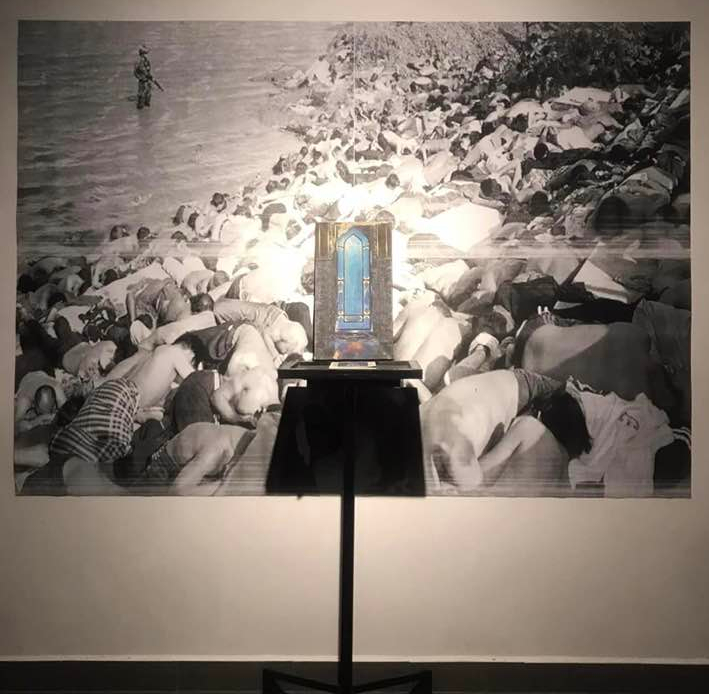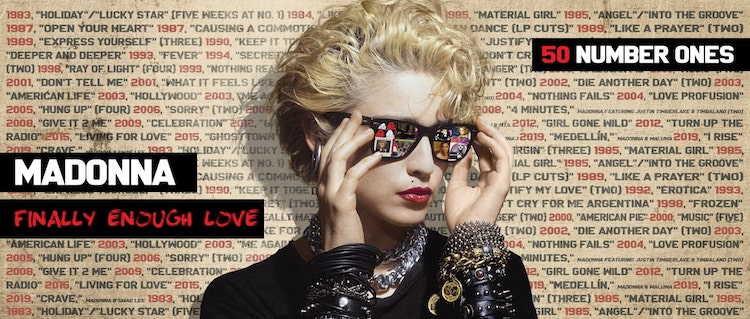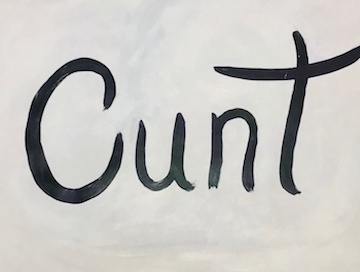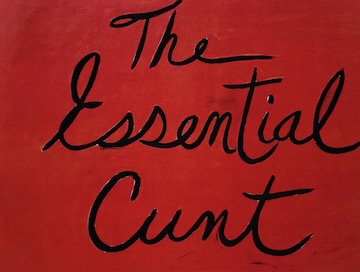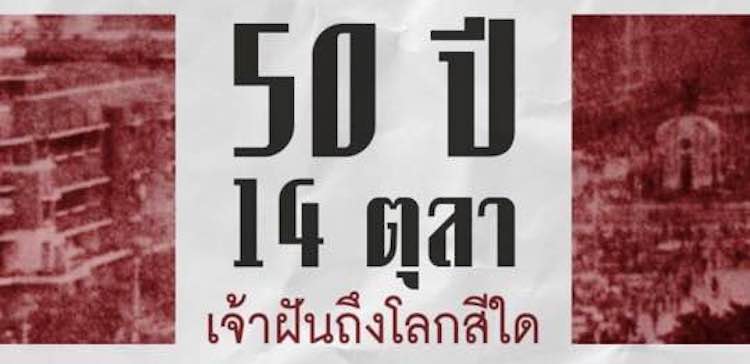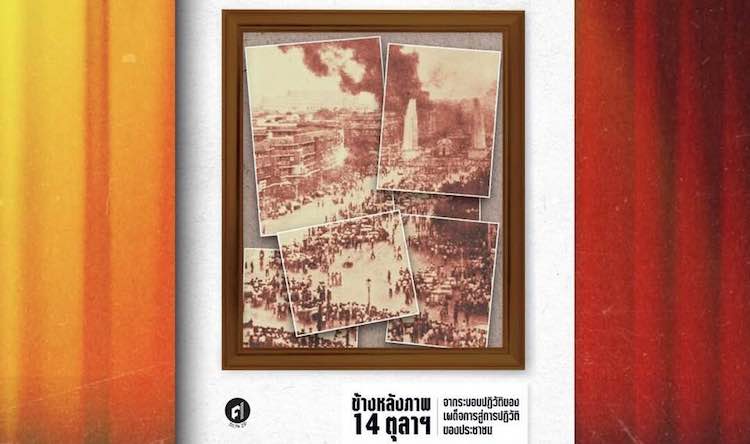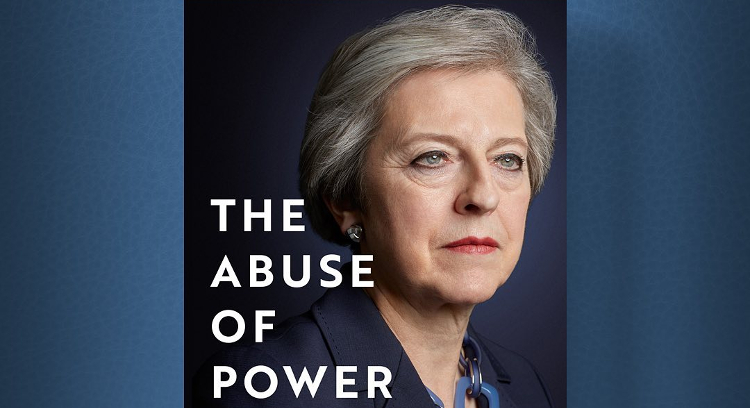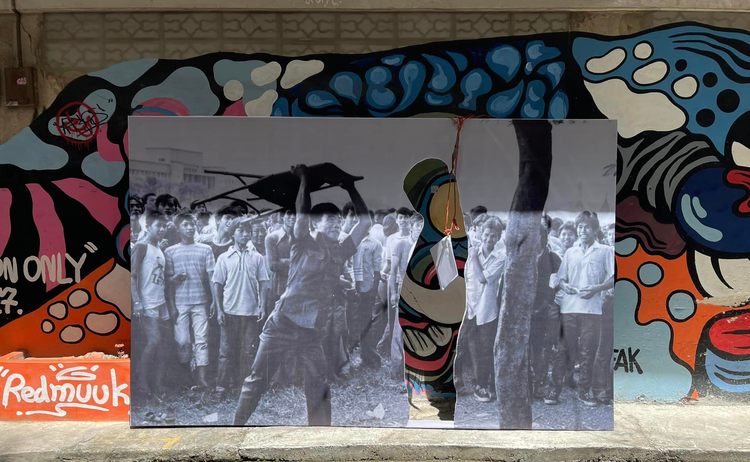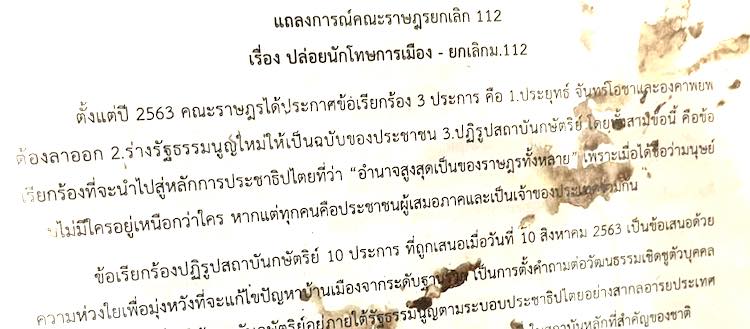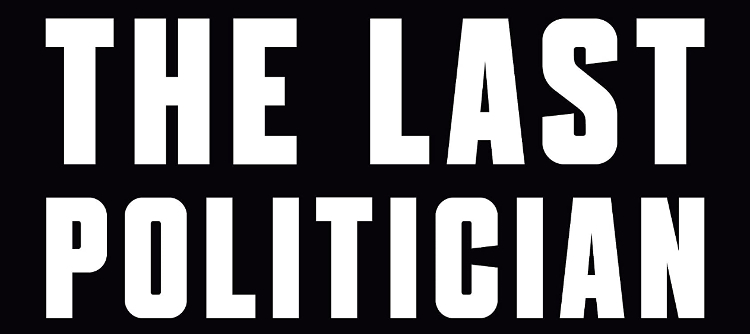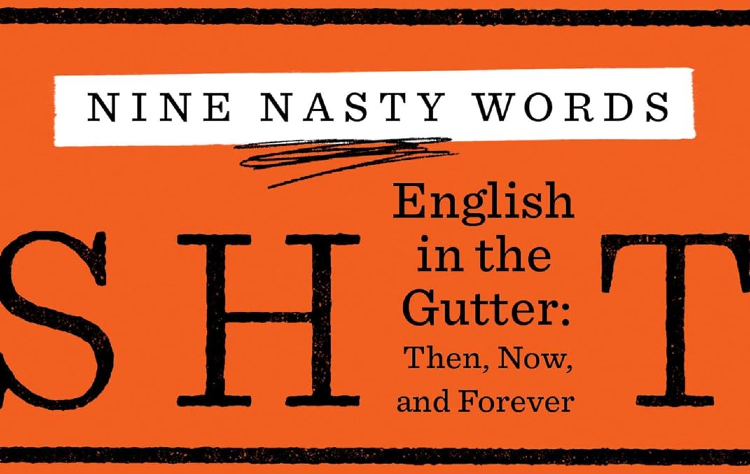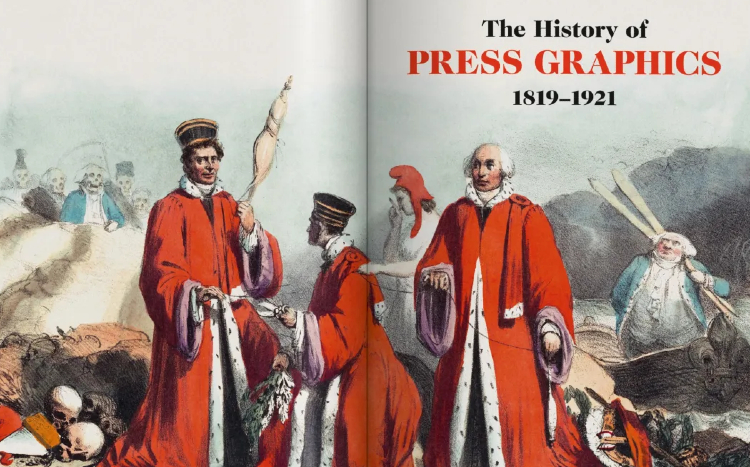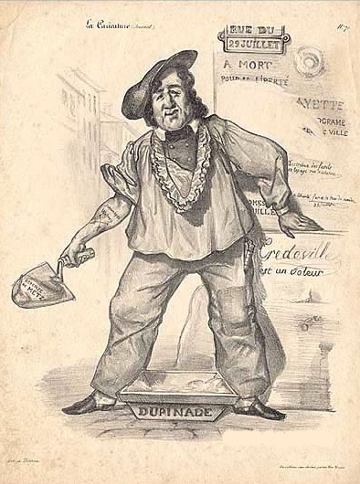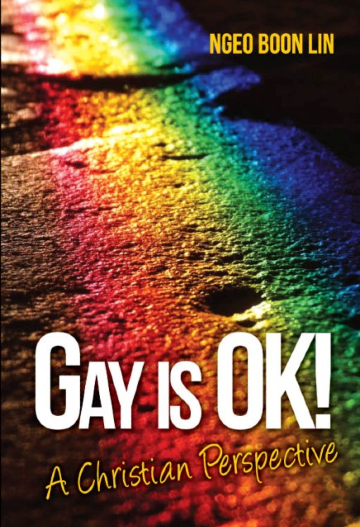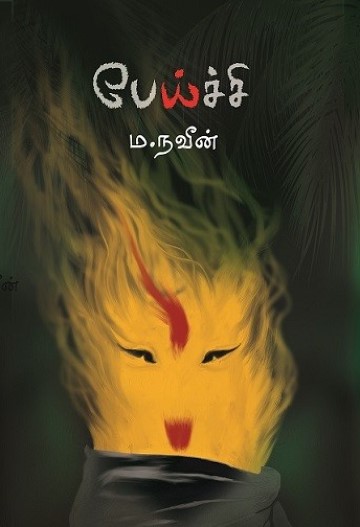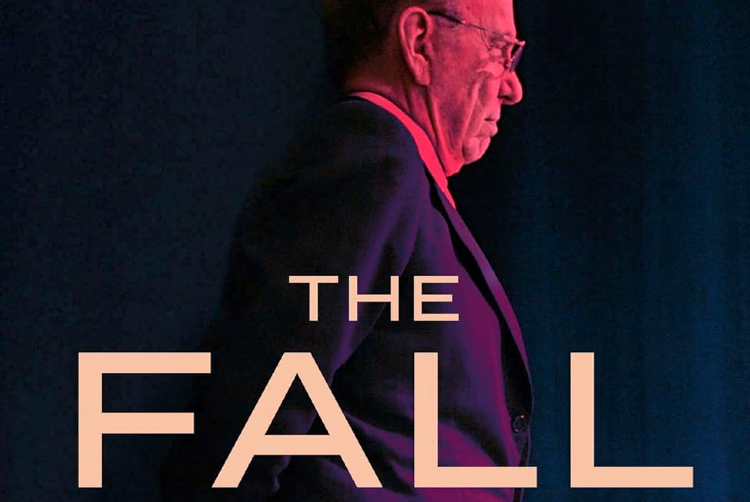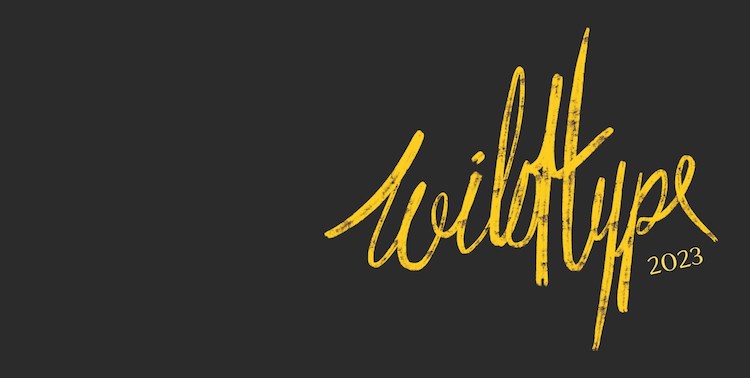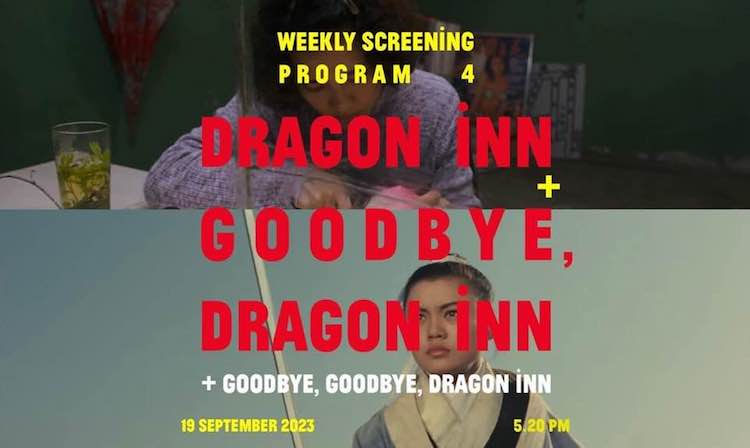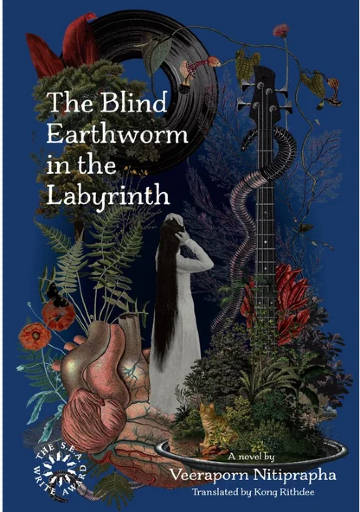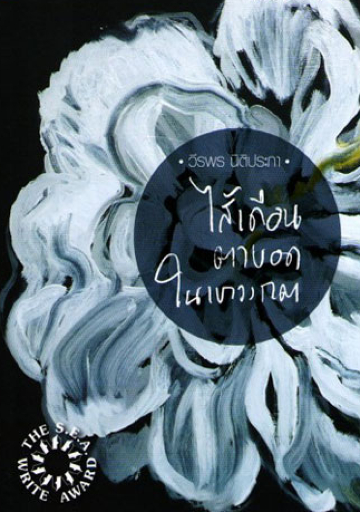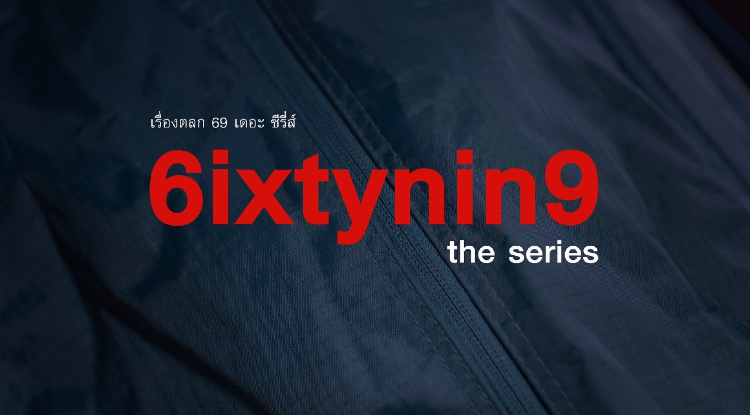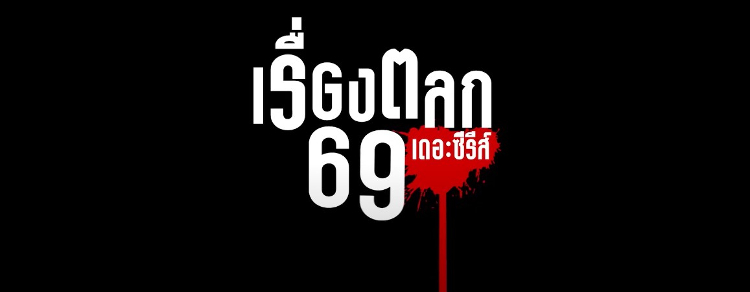
A retrospective of Hayao Miyazaki’s most popular films is being held at selected SF Cinema branches (Central malls in Chonburi, Korat, Khon Kaen, Salaya, Surat Thani, and Phuket; the Mall Lifestore in Bangkae and Ngamwongwan; Laemtong in Bangsaen; Sermthai Complex in Maha Sarakham; MAYA in Chiang Mai; and CentralWorld, Rama IX, and MBK in Bangkok) from 25th November to 31st December. SF’s Studio Ghibli Film Festival 2023 features seven Miyazaki classics: Howl’s Moving Castle (ハウルの動く城), Spirited Away (千と千尋の神隠し), Princess Mononoke (もののけ姫), Porco Rosso (紅の豚), Laputa: Castle in the Sky (天空の城ラピュタ), Kiki’s Delivery Service (魔女の宅急便), and My Neighbor Totoro (となりのトトロ).
Miyazaki’s masterpiece Spirited Away—arguably the greatest anime film ever made—will be shown on 25th November and 9th December at CentralWorld, MBK, Chiang Mai, Khon Kaen, Phuket, and Chonburi; on 26th November at CentralWorld and MBK; on 2nd December at MBK; on 3rd December at CentralWorld, Chiang Mai, Khon Kaen, Phuket, and Chonburi; on 10th December at MBK and CentralWorld; on 16th December at CentralWorld, Rama IX, Korat, Bangkae, Ngamwongwan, Salaya, and Surat Thani; on 17th December at MBK; on 18th December at CentralWorld and Chiang Mai; on 19th December at MBK; on 20th December at Maha Sarakham and Bansaen; on 23rd December at MBK, Rama IX, and Ngamwongwan; on Christmas Eve at CentralWorld; on 29th December at Rama IX; on 30th December at MBK, and on 31st December at CentralWorld. It has previously been screened in Bangkok at the Jam Café in 2015, at TK Park in 2018, and at the Baan Dusit Thani hotel in 2020.
Miyazaki’s masterpiece Spirited Away—arguably the greatest anime film ever made—will be shown on 25th November and 9th December at CentralWorld, MBK, Chiang Mai, Khon Kaen, Phuket, and Chonburi; on 26th November at CentralWorld and MBK; on 2nd December at MBK; on 3rd December at CentralWorld, Chiang Mai, Khon Kaen, Phuket, and Chonburi; on 10th December at MBK and CentralWorld; on 16th December at CentralWorld, Rama IX, Korat, Bangkae, Ngamwongwan, Salaya, and Surat Thani; on 17th December at MBK; on 18th December at CentralWorld and Chiang Mai; on 19th December at MBK; on 20th December at Maha Sarakham and Bansaen; on 23rd December at MBK, Rama IX, and Ngamwongwan; on Christmas Eve at CentralWorld; on 29th December at Rama IX; on 30th December at MBK, and on 31st December at CentralWorld. It has previously been screened in Bangkok at the Jam Café in 2015, at TK Park in 2018, and at the Baan Dusit Thani hotel in 2020.

